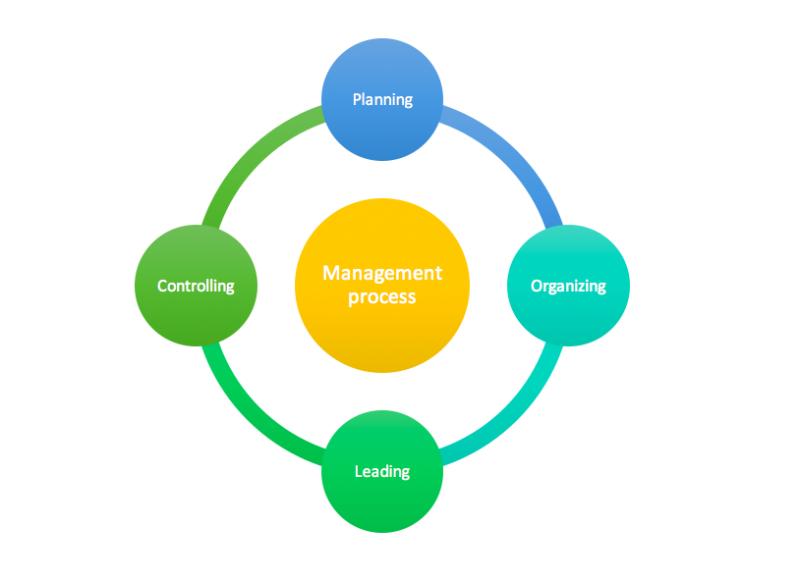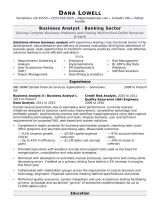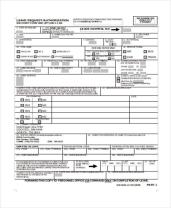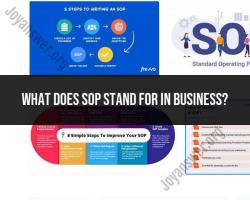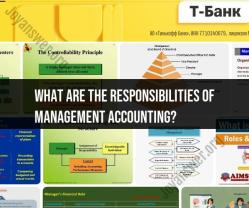What are the five basic management functions?
The five basic management functions, often referred to as the management process, were introduced by Henri Fayol, a French mining engineer, in the early 20th century. These functions provide a framework for understanding the tasks and responsibilities of managers in organizations. The five basic management functions are:
Planning:
- Definition: Planning involves setting objectives and determining the course of action to achieve those objectives.
- Key Activities:
- Setting goals and objectives.
- Developing plans and strategies.
- Identifying resources and requirements.
Organizing:
- Definition: Organizing involves arranging and structuring resources and tasks to implement the plans effectively.
- Key Activities:
- Allocating resources (human, financial, and physical).
- Defining roles and responsibilities.
- Establishing relationships and hierarchies.
Leading (or Directing):
- Definition: Leading involves influencing and guiding individuals or teams to achieve organizational goals.
- Key Activities:
- Motivating and inspiring employees.
- Communicating expectations.
- Providing guidance and support.
Controlling:
- Definition: Controlling involves monitoring, evaluating, and adjusting activities to ensure that organizational goals are achieved.
- Key Activities:
- Setting performance standards.
- Measuring actual performance.
- Taking corrective actions as needed.
Coordinating:
- Definition (Additional Function): Some models of management include coordinating as a distinct function, emphasizing the importance of harmonizing activities and efforts across the organization.
- Key Activities:
- Ensuring synchronization of tasks.
- Facilitating communication and collaboration.
- Resolving conflicts and promoting teamwork.
These five functions are often presented as an integrated process, with each function influencing and being influenced by the others. Effective management requires a balance of attention to each function, and managers often cycle through these functions as they address different aspects of their responsibilities.
It's worth noting that while these five functions provide a foundational framework, management roles can vary across different levels of an organization and different types of industries. Moreover, contemporary management approaches may integrate or expand on these functions to address the complexities of today's business environment.
Planning: What is it and why is it important?
Planning is the process of setting goals and developing a strategy to achieve them. It involves defining objectives, identifying resources, and developing a timeline for action. Planning is important because it helps to:
Increase the likelihood of success: By carefully considering and evaluating possible courses of action, planning can help to identify and avoid potential obstacles. It also provides a clear roadmap for achieving goals, reducing the risk of going astray.
Make better decisions: Planning forces individuals and teams to think critically about their goals and the steps needed to achieve them. This can lead to more informed and well-considered decisions.
Improve communication: Planning provides a shared understanding of goals and objectives, which can help to improve communication and collaboration among team members.
Resource allocation: Effective planning helps to ensure that resources are allocated effectively to support the achievement of goals. This can help to avoid wasting resources or missing deadlines.
Organizing: What is it and how do you do it effectively?
Organizing is the process of arranging resources, tasks, and people in a way that allows them to work together efficiently and effectively. It involves:
Designing a structure: This involves creating a system for dividing tasks, assigning responsibilities, and ensuring that everyone has the resources they need to do their job.
Developing processes: This involves creating a set of standard procedures for how work is to be done. This can help to ensure that tasks are done consistently and efficiently.
Establishing communication channels: This involves creating a way for people to share information and collaborate on tasks. This can help to avoid misunderstandings and ensure that everyone is working towards the same goals.
Effective organizing can help to:
Increase productivity: By ensuring that tasks are well-structured and that people have the resources they need, organizing can help to improve the efficiency of work processes.
Reduce errors: By creating clear processes and communication channels, organizing can help to reduce the risk of mistakes and misunderstandings.
Improve motivation: When people feel like they have a clear role and are working towards well-defined goals, they are more likely to be motivated and engaged in their work.
Leading: What is it and what are the different leadership styles?
Leadership is the process of influencing others to achieve a common goal. It involves:
Communicating effectively: Leaders need to be able to communicate their vision and goals to others in a way that is clear, concise, and inspiring.
Motivating others: Leaders need to create a positive and supportive environment that motivates others to give their best effort.
Developing and empowering others: Leaders need to identify and develop the strengths of others, and provide them with opportunities to learn and grow.
Solving problems and making decisions: Leaders need to be able to identify and solve problems, and make decisions that are in the best interests of the team or organization.
There are many different leadership styles, each with its own strengths and weaknesses. Some common leadership styles include:
Democratic leadership: This style involves involving team members in decision-making processes.
Authoritarian leadership: This style involves making decisions unilaterally and giving team members limited input.
Transformational leadership: This style involves inspiring and motivating team members to achieve more than they thought possible.
Servant leadership: This style involves putting the needs of others first and acting in a way that serves the greater good.
The best leadership style for a particular situation will depend on the specific factors involved. However, all effective leaders share the ability to communicate effectively, motivate others, develop and empower others, and solve problems and make decisions.
